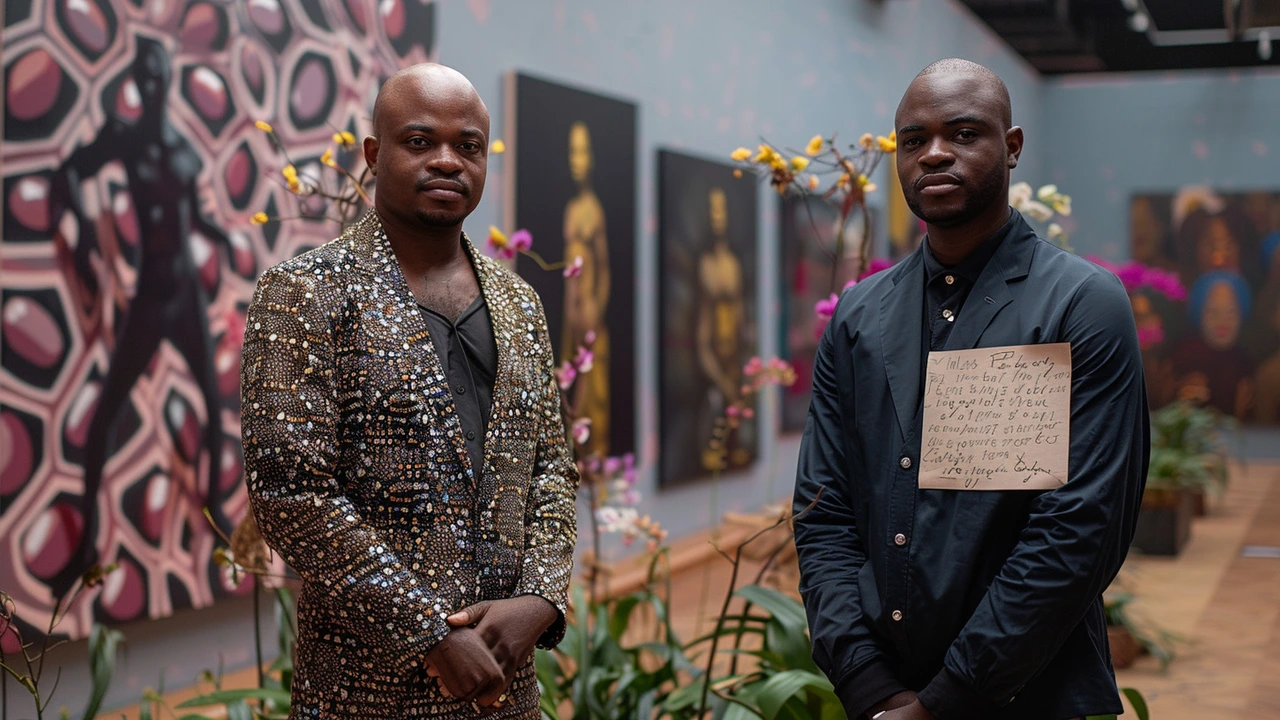Sexual Assault: What You Need to Know
Sexual assault is a serious issue that affects many people worldwide. It includes a range of unwanted sexual acts, from touching without consent to forced intercourse. This crime leaves deep physical and emotional scars, making awareness and prevention crucial.
Understanding what counts as sexual assault is the first step to protecting yourself and others. It’s not just physical force; unwanted advances, coercion, or any sexual activity without full consent qualify as assault. Remember, consent must be clear and freely given every time.
How to Stay Safe and Help Others
It might feel overwhelming, but there are practical ways to reduce your risk. Trust your instincts—if a situation feels off, it’s okay to leave. Always meet new people in public places and let friends know your whereabouts. Carrying a phone and emergency contacts can be a lifesaver.
If someone you know has been assaulted, your support matters a lot. Listen without judgment and encourage them to seek medical care and counseling. Reporting the assault can be tough, but it helps prevent future crimes and holds offenders responsible.
Where to Find Help
Many organizations and hotlines are ready to assist victims confidentially. In Cape Town, resources include local counseling centers, police units trained in handling sexual assault cases, and community groups dedicated to survivor support. Don’t hesitate to reach out—help is available, and you’re not alone.
Sexual assault is a tough topic, but talking about it openly helps break the silence and stigma. By staying informed and supporting each other, we can work towards safer communities where everyone feels protected.
Kehinde Wiley Denies Sexual Assault Accusations by Ghanaian Artist, Labels as Consensual Encounter
Ghanaian artist Joseph Awuah-Darko, also known as Okuntakinte, has accused Nigerian-American artist Kehinde Wiley of sexual assault. Wiley denies the allegations, insisting their interactions were consensual. The art community is divided as calls for a thorough investigation intensify.

